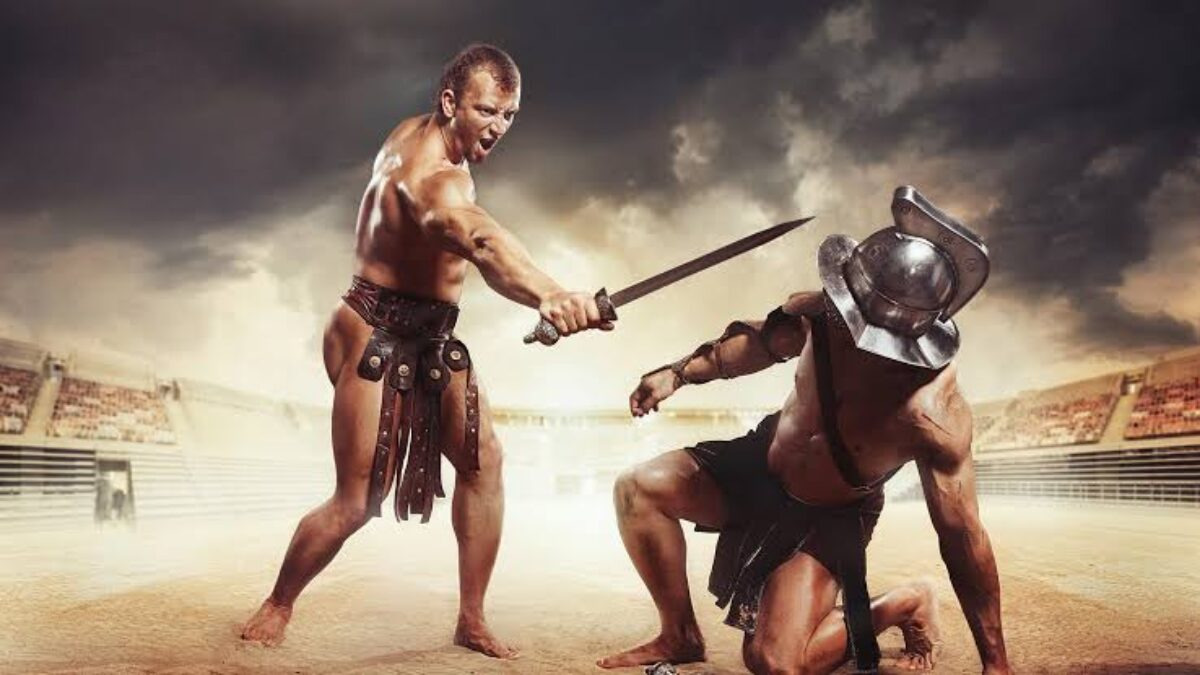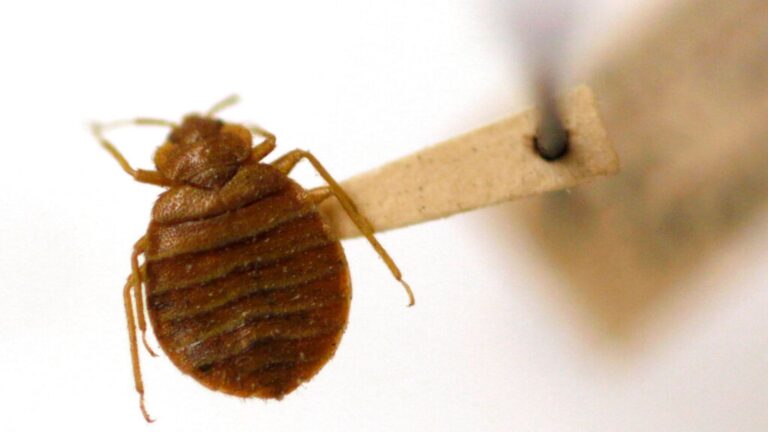In classrooms around the world over the past decades, students have studied William Golding’s classic novel, “Lord of the Flies,” where a group of boys stranded on a deserted island grapples with the delicate balance between civilisation and savagery. As discussions of the book’s themes unfold, one can’t help but reflect on the broader implications for human nature.
The novel begins with a group of British boys stranded on an uninhabited island due to a plane crash. Initially, they attempt to establish order and create a civilised society. However, as they face the trials of survival, their society descends into chaos, revealing the primal instincts and darker aspects of human nature.
At first led by Ralph, the boys strive to establish order and civilisation. A conch shell becomes a symbol of authority and the boys’ attempts to maintain a semblance of society. However, as they confront the challenges of island life, internal conflicts arise. Jack, representing the descent into savagery, forms a rival group, embracing a more primal, violent approach.
The breakdown of order leads to tragic consequences, including the loss of innocence and ultimately, the boys’ descent into barbarism. This haunting narrative highlights the fragility of civilisation in the face of human nature’s darker tendencies and leaves readers reflecting on the inherent capacity for savagery within us all.
Civilisation and Savagery: Human Nature Explored
In ‘Lord of the Flies’ the conflict between civilisation and savagery is a central theme. The boys’ attempt to build a functional society gradually crumbles, emphasising the fragility of order in the face of adversity. The descent into savagery raises questions about the inherent balance between our civilised tendencies and the more primal aspects of human nature.
As we ponder the themes in “Lord of the Flies,” it’s natural to consider the broader implications for humanity. Can we draw parallels to our own lives and everyday interactions?
Mirroring “Lord of the Flies” in Everyday Life
History provides disturbing glimpses of humanity’s capacity to witness suffering for entertainment. The Colosseum in ancient Rome stands as a stark example, where audiences flocked to watch gladiators fight to the death or the condemned eaten by wild animals. The question arises: Is there something intrinsic in human nature that draws us to witness pain and conflict?
Examining our contemporary world, instances where people seem to inflict suffering or enjoy the pain of others are also unfortunately not hard to find. On a global scale, wars and conflicts persist, echoing the brutality depicted in historical arenas. On a more personal level, everyday instances could simply include social exclusion, gossip, and social dynamics reminiscent of the power struggles in “Lord of the Flies.”
Are these tendencies reflective of our intrinsic nature, echoing the themes of civilisation and savagery in the novel?
Examples such as fostering or tolerating exclusionary behaviours, engaging in rumour-spreading, participating in bullying, perpetuation of ‘tall poppy syndrome’ or a ‘pack mentality’ and even just harbouring reluctance to witness others thrive or succeed might indicate that, despite technological advances, certain facets of human nature endure.
Evolution Means Rising Above
All in all, such discussion prompts the question: Have we evolved beyond the themes portrayed in “Lord of the Flies,” or do some individuals still secretly grapple with the same primal struggles as those boys on the island? As we navigate our complex social landscape of today, the echoes of civilisation and savagery may persist, urging us to consider the fundamental nature of humanity and the part that we can all play in having the strength to rise above it.
Source: Greek City Times







